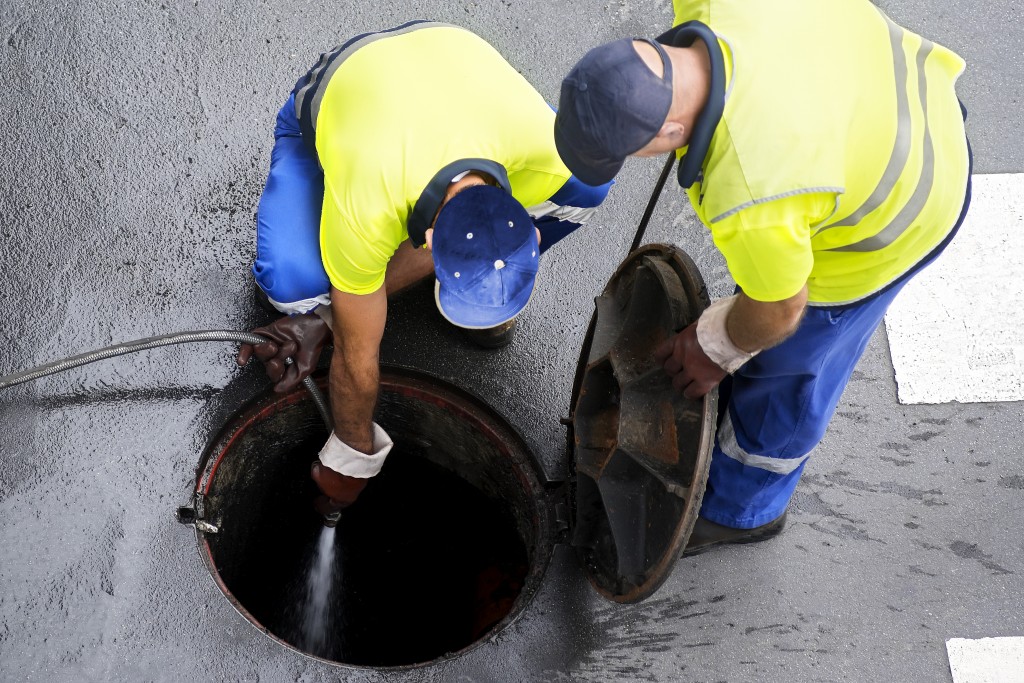There are just over fifteen thousand water and sewer line businesses for a country as large as the United States. Thus, individuals can consider starting a business in this domain and cash on the construction industry’s unexplored sector.
If you have decided to start a new venture in the water and sewage business but are unsure where to begin, don’t worry. All you need to do is follow some simple steps to become your own boss, gain financial independence, and grow financially. Let’s have a look at the steps to take to start a sewage business.
Evaluate the business
Before you fully commit to opening the business, thoroughly evaluate your decision. List down all the reasons why you want to start the company in the first place. Similarly, think about the need for the service in your community. See if there is a large community where you want to operate or not. Likewise, see if there are already other similar businesses in the area. Suppose there are other sewage businesses, research about the types of services provided by them, such as sewer line repairs and their profitability.
You will also need to consider if you can provide the services at the same charges as the other businesses. If not, how can you lure customers to your business, even if your service prices are higher than your competitors?
Decide the services
There are many services you can provide in a sewage business. Thus, you need to decide the scope of your business and the services you will provide. You can also provide sewer pipe installation, cesspool installation, water, and drainage pipe installation. Similarly, you can also provide repair services for the same.
Additionally, it would be best to decide whether you want to provide services to individual homeowners or businesses. For instance, if your serviceable area consists of a mix of personal and professional buildings, you can choose to focus on providing services to commercial entities as they can help generate more revenue.

Finalize the business structure
Next, you need to decide the organizational structure of your business. You might need to contact an attorney or a tax advisor for the same. You can choose to be the sole proprietor, partner with other individuals, or establish a corporation. Based on your organizational structure, you will be bound to different laws, rules, and regulations. For instance, there are different rules regarding bankruptcy, depending upon the type of business. Thus, choose a business structure after understanding the pros and cons of each.
Next, you will have to obtain an Employer Identification Number (EIN) from the Internal Revenue Service. This will be required for legal business procedures like employee payroll processing, banking, filing taxes, etc.
Establish an office
You will need to locate a place of business to operate from. Decide and lease a property, if you can. You can also choose to convert your home into your office if you want to. The office should be large enough to store the tools and equipment you will need to operate. Similarly, the office should also be spacious enough for you to carry out other business-related activities.
Generally, many sewage businesses start with a home office, and then as they grow, business owners move to a dedicated office space. If you wish to do the same, make sure to check with local and state laws related to starting a business from home.
Buy tools and equipment
You will require various tools and equipment to operate. The tools you will most likely need include a tractor, nozzles, truck, backhoe, and blower filtration system, to name a few. You can either purchase the tools and equipment upfront or lease them, depending upon your requirements and budget.
Have a fallback plan
“Hope for the best, prepare for the worst” is something that business owners should remember when starting a new venture, irrespective of the domain or scale of the business. Thus, plan an exit strategy to be adopted if your business fails. The plan should outline the various Key Performance Indicators (KPIs) to consider before calling it quits. This can include the revenue, minimum quarterly or half-yearly losses, or the customer’s reception to your services.
If you are the sole proprietor, then you can decide on the quitting benchmarks on your own. But if you have partners involved, you will need to have a discussion to decide the quitting criteria.
Starting a business might seem difficult. If you have the right strategy in place, you can easily set up and manage your sewage business. Just make sure that you stick to the plan and execute them correctly to achieve professional success.




